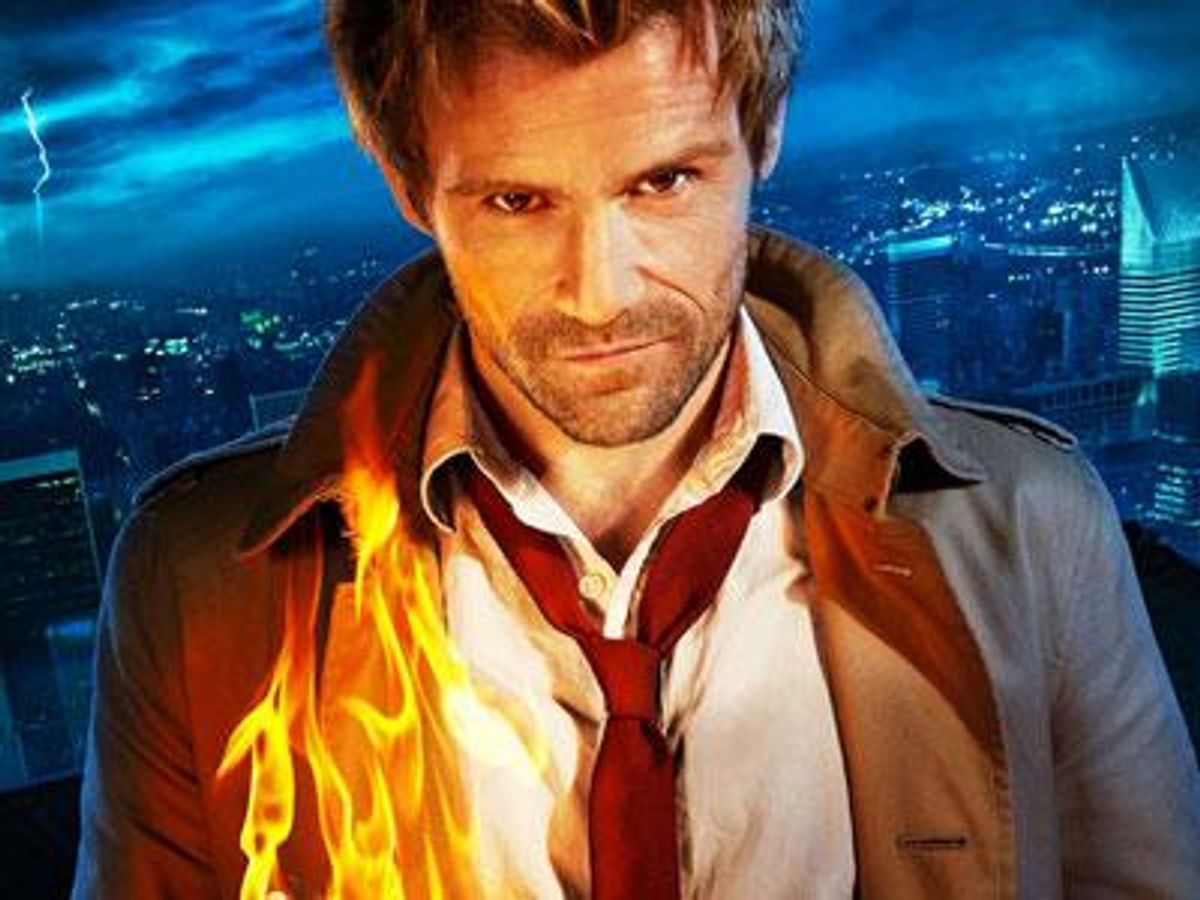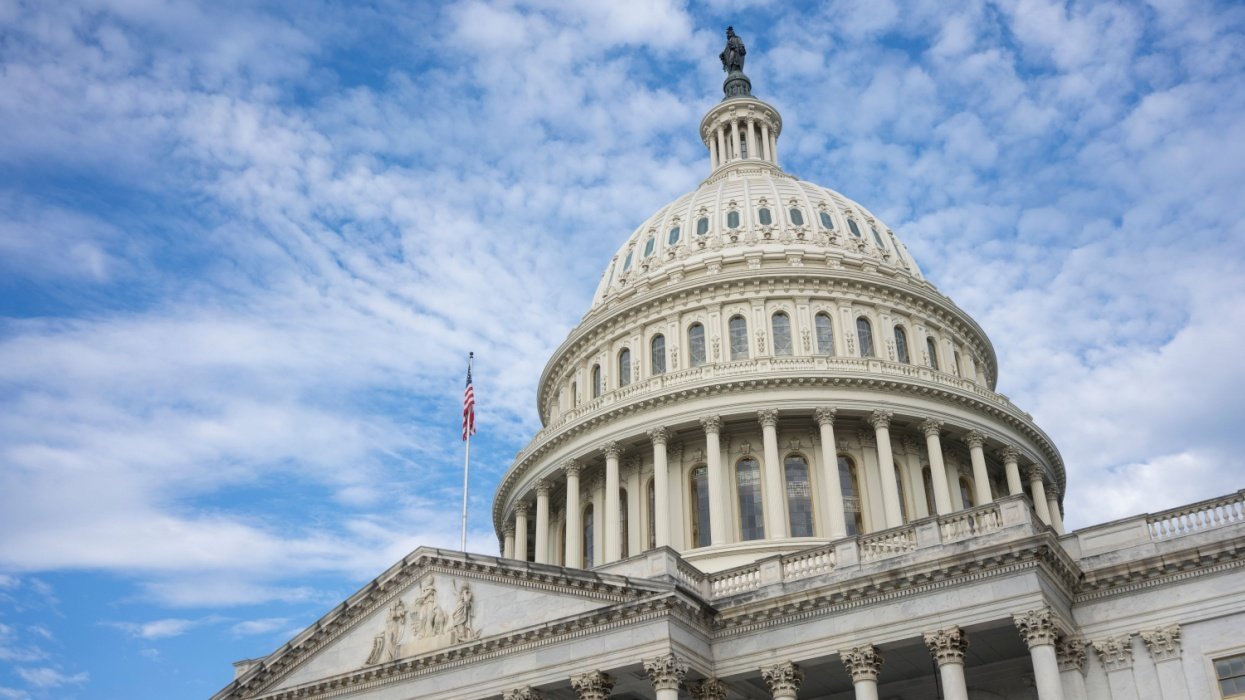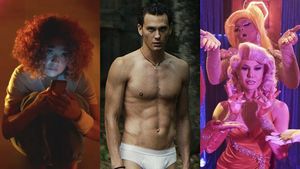Will & Grace was the one queer outlet I had in my adolescent years. When the show ended my freshman year of high school, I watched the finale live while crying with my best friend. As a teen raised in a conservative Christian community, surrounded by people who thought gays, lesbians, and bisexuals were abominations, the show was my only real connection to the queer world. It allowed me to see that there were others like me out there, that I wasn't a freak. It provided me a sense of solace.
Yet no matter how much I wanted to, I could never fully relate to the characters of Will & Grace. There's a number of reasons why I couldn't identify with them -- from the high economic class setting, to the predominantly white cast, but mainly because I don't, and have never, identified as gay.
I'm bisexual and there are very few male bisexual characters on television. The only queer story Hollywood seems to want to tell is that of white gay men. There are a few bisexual female characters (who tend to be overly sexualized) but even fewer or zero canon bisexual male characters. Even the few bi characters on television can't bring themselves to say the word "bi."
That's why I'm especially frustrated that NBC decided to straight-wash a canon bisexual character.
The character John Constantine in Hellblazer is a bad-ass demon hunter who happens to like both men and women, both sexually and romantically. Although his sexuality isn't the main plot point, it's pretty clear after reading a few issues that Constantine has had both girlfriends and boyfriends, and that he has been in some kinky man-on-man situations, a la Fifty Shades of Grey. But instead of staying true to the character, producers of the show have decided his sexuality isn't that big of a deal. Or at least, representing his sexuality accurately isn't that important to him. However, I can't imagine the reaction would be the same if a major studio decided to try and make a traditionally straight character LGBT.
According to a recent report released by GLAAD on LGBT media representation, out of all of the LGBT characters on television (most of which were depicted as background story lines), 17.7 percent of them were bisexual. Yet LGBT demographer, the Williams Institute at UCLA explained in the Vox article, "If you had a show with a cast of 20 characters who were LGBT, two-thirds of the women would be bisexual... And one third [of the men] would be bi." That's a far cry from the LGBT representation we currently have on television. What's wrong with a little diversity? Or for that matter, accuracy?
Dissecting a character to fit a heteronormative box is sloppy and irresponsible. Bisexuals deserve to be represented in media too -- not erased or straight-washed. If NBC can't handle portraying a bisexual male character, then perhaps the network shouldn't take on John Constantine.
Sexuality is always a part of a character -- however minimal -- but some sort of romantic or sexual relationship is usually a significant plot point in superhero stories. A bisexual male superhero would disrupt the hetero male template of, "hero saves damsel in distress" that we see consistently in iconic stories like Superman, Spiderman, and Captain America. But it's 2014, and sometimes men need saving too.
There's something particularly elusive about bisexual male characters. There is a deeply ingrained misconception that a man can't be romantically involved with another man and still be interested in women as well. It's centered on the idea that masculinity requires a wanting, and "getting" of women, and not men. But the depiction of Constantine in Hellblazer proves that is a false assumption.
Despite what the producers of the show appear to think about the importance of the character's sexuality, in the comics it gives Constantine's character depth, develops his story line, and frankly, makes him more than just another non-descript straight, white male. Media representation of minority groups is incredibly important. Fiction or not, media portrayals of minority groups help the general public acknowledge, relate to, and humanize a group they might not interact with in their day-to-day lives. It helps young bi youth see themselves on television; it helps people understand that us bi guys are really not that different, and sometimes, even if just in comic books, it helps us see that you don't have to be straight to kick (demon) ass.
ELIEL CRUZ is a writer on issues related to bisexuality. You can follow Eliel on Twitter @ElielCruz.

















































































